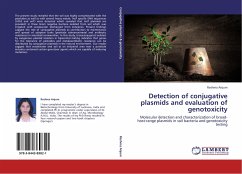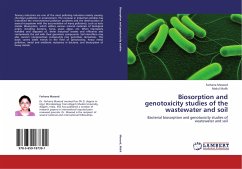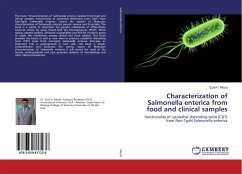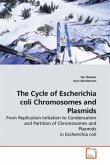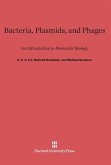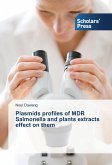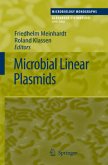The present study revealed that the soil was highly contaminated with the pesticides as well as with several heavy metals. IncP specific DNA sequences (trfA2 and oriT) were detected which revealed that IncP plasmids are prevalent in these Gram negative bacteria isolated from soil which was irrigated with wastewater discharged from industries. Present findings suggest the role of conjugative plasmids as contributors to maintenance and spread of adaptive traits (pesticide tolerance/metal and antibiotic resistance) in microbial communities. In this study, transconjugants isolated by exogenous plasmid isolation in biparental mating indicates that genes for the tolerance of pesticides and metals/antibiotic resistance can be distributed by conjugative plasmids in the natural environment. Our results suggest that wastewater and soil at an industrial area near a pesticide industry contained certain genotoxic agents which are capable of inducing mutations.

